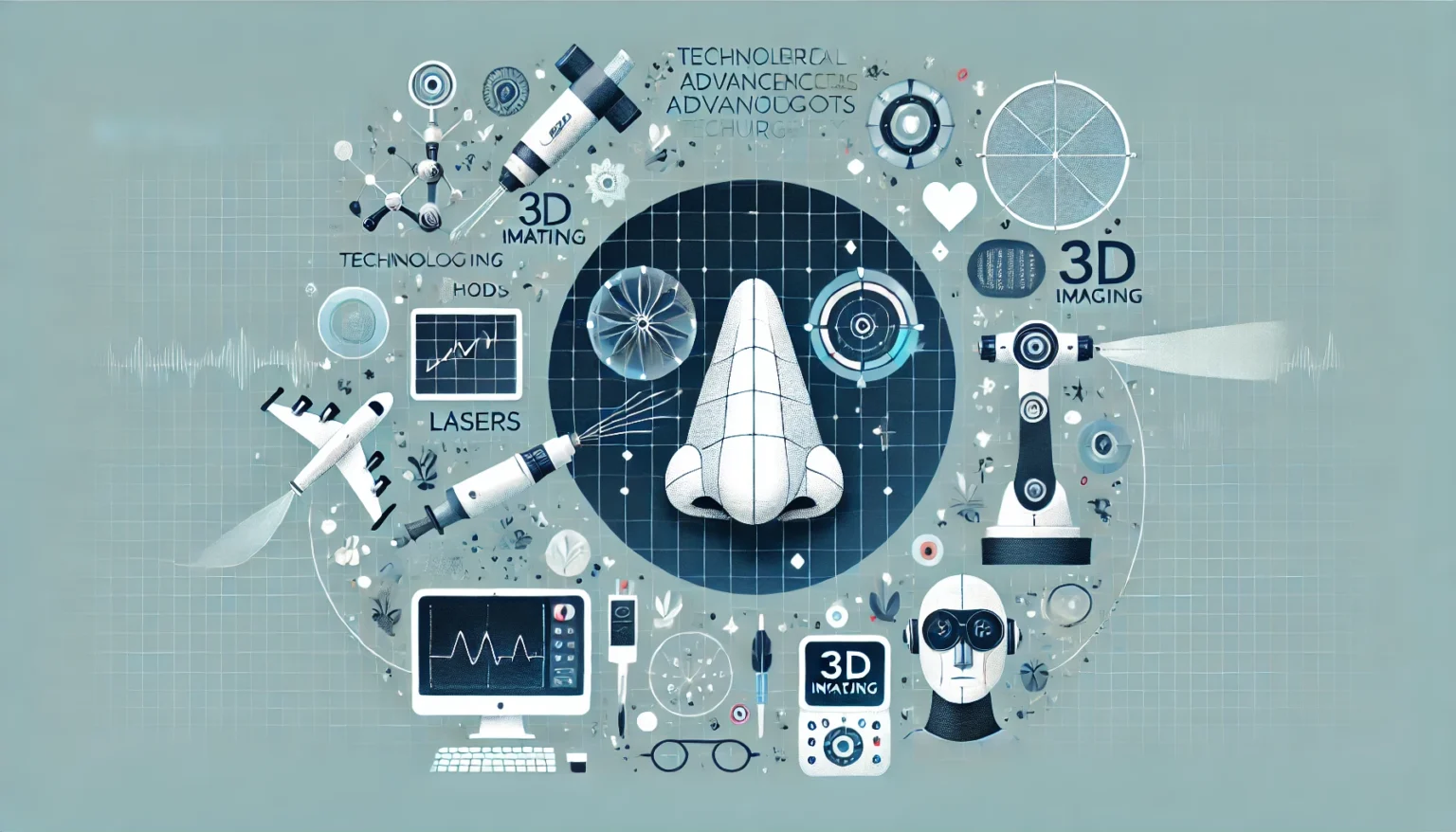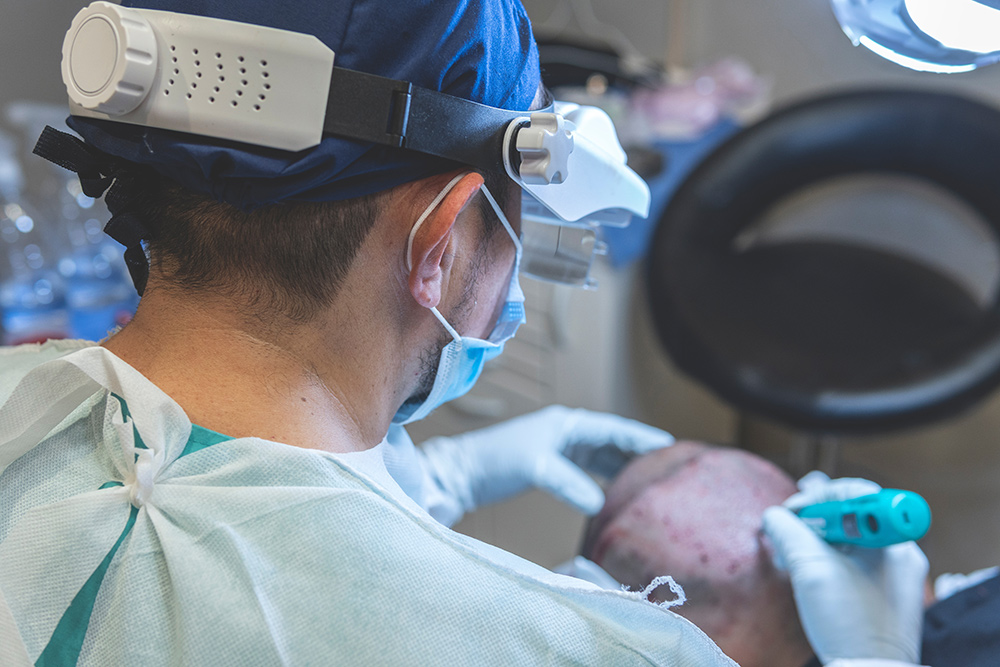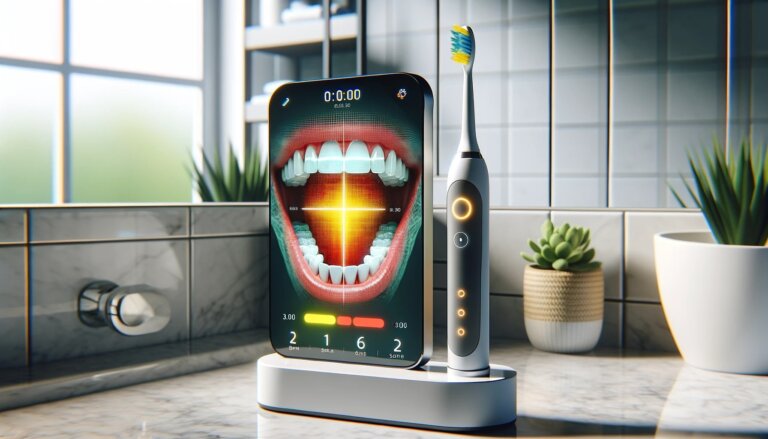Rhinoplasty is a nose surgery performed for both aesthetic and functional purposes. Technological advancements in this field have made operations safer, more effective, and more comfortable for patients. In this article, we will detail the modern technologies and methods used in rhinoplasty.
3D Imaging and Simulation Technologies
One of the most exciting advancements in rhinoplasty is the use of 3D imaging and simulation technologies. These technologies allow surgeons and patients to better plan the pre-surgery process.
- 3D Imaging: This technology creates a three-dimensional model of the patient’s face and nose. This model guides the surgeon during the operation and allows for more precise intervention.
- Simulation Software: 3D simulation software allows patients to see how they will look after surgery. This software helps manage patient expectations better and prevents post-surgery surprises.
Source: American Society of Plastic Surgeons
Laser Technology
Laser technology is a revolutionary development in the field of rhinoplasty. Lasers can be used to cut and shape tissues, making the procedure less invasive.
- Laser Rhinoplasty: Lasers can make more precise cuts compared to traditional surgical tools. This shortens the recovery time and reduces the risk of complications.
- Reduced Bleeding: Lasers can instantly seal blood vessels, significantly reducing the amount of bleeding during surgery.
Source: National Institutes of Health
Ultrasound-Assisted Rhinoplasty
Ultrasound technology is used to shape nasal bones and offers many advantages over traditional methods.
- Piezosurgery: This technique uses ultrasonic vibrations to cut and shape bones. This less traumatic method minimizes damage to tissues.
- Less Swelling and Bruising: Ultrasound-assisted rhinoplasty causes less swelling and bruising compared to traditional methods.
Source: Aesthetic Surgery Journal
Robotic Surgery
Robotic surgery may play an important role in the future of rhinoplasty. Robots enhance the surgeon’s manual skills and allow for more precise procedures.
- Robot-Assisted Rhinoplasty: Robotic systems enable the surgeon to perform movements more precisely and controlled, leading to more predictable surgery outcomes.
- Minimally Invasive: Robotic surgery is performed with a minimally invasive approach, allowing for faster patient recovery.
Source: Journal of Robotic Surgery
Advanced Anesthesia Techniques
Advancements in anesthesia technologies have increased patient comfort during rhinoplasty and accelerated the recovery process.
- General Anesthesia: Modern general anesthesia techniques have become safer and more effective. They ensure patients are completely comfortable during surgery.
- Local Anesthesia and Sedation: In some cases, surgery can be performed using local anesthesia and sedation. This method shortens the recovery time and allows patients to return to their normal lives more quickly.
Source: Anesthesia & Analgesia
Sutureless and Tampon-Free Rhinoplasty
Traditional rhinoplasty operations often involve the use of tampons and sutures. However, new techniques have reduced this need.
- Sutureless Techniques: Modern surgical tools and techniques sometimes eliminate the need for sutures. This makes post-surgery care easier.
- Tampon-Free Rhinoplasty: New surgical techniques have reduced the use of nasal tampons. This helps patients feel more comfortable after surgery and recover faster.
Source: Facial Plastic Surgery Clinics of North America
Conclusion
Rhinoplasty has undergone significant evolution thanks to technological advancements. 3D imaging and simulation, laser and ultrasound technologies, robotic surgery, and advanced anesthesia techniques are just a few of the innovations in this field. These advancements allow surgeons to perform more precise and effective procedures while enabling patients to have a more comfortable and faster recovery process.
Individuals considering rhinoplasty can make more informed decisions by being aware of these technological innovations. By discussing these topics in detail with their surgeons, they can ensure the most appropriate and up-to-date methods are used.


